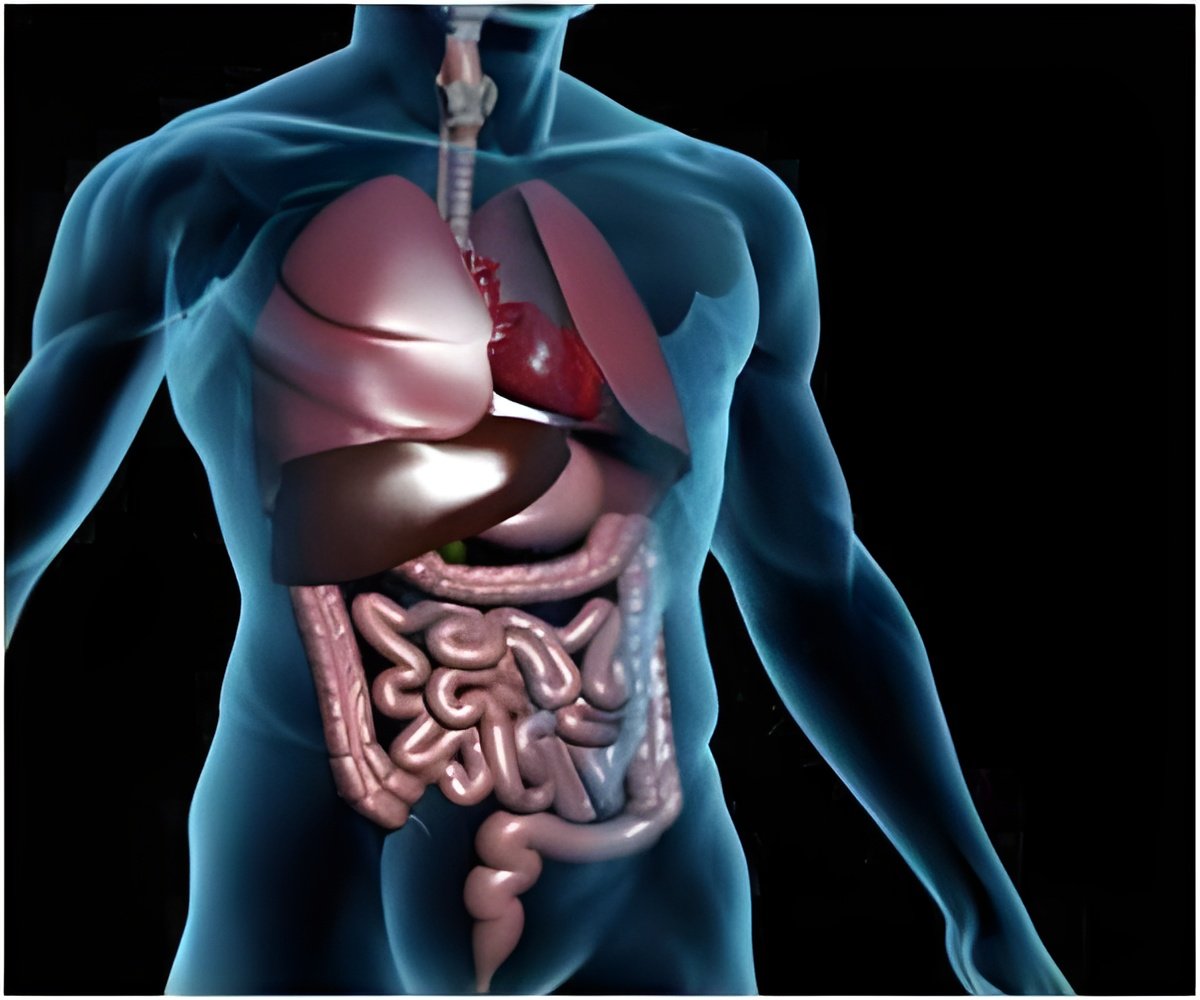A study released Wednesday said an antibiotic can help ease irritable bowel syndrome, marking the first potential drug treatment for the disease which affects 30 million people in the United States.

"These results support the idea that intestinal microbiota or gut bacteria may be an underlying cause of IBS, and altering gut bacteria by treatment with rifaximin appears to be an effective way of providing relief to those who suffer from IBS symptoms," said co-author Yehuda Ringel.
The US Food and Drug Administration has already approved rifaximin, marketed as Xifaxan by Salix Pharmaceuticals, for treatment of travelers' diarrhea.
According to Mark Pimentel, who headed clinical trials at Cedars-Sinai, some subjects in the study experienced pain relief for weeks after they stopped taking the antibiotic.
"With this antibiotic treatment, the patients feel better, and they continue to feel better after stopping the drug. This means that we did something to strike at the cause of the disease," Pimentel said.
"For years, the treatment options for IBS patients have been extremely limited," he added. "IBS often does not respond well to treatments currently available, such as dietary changes and fiber supplements alone."
Advertisement
The drug maker provided funding for the study, hosted at five US medical facilities, which involved more than 600 IBS sufferers with mild to moderate diarrhea and bloating.
Advertisement
Forty percent of patients felt relief from symptoms after taking the antibiotic for two weeks.
In comparison, about 30 percent of those taking a placebo reported similar results.
"Patients reported relief from bloating, less abdominal pain and improved stool consistency for up to 10 weeks," the study said.
Source-AFP














